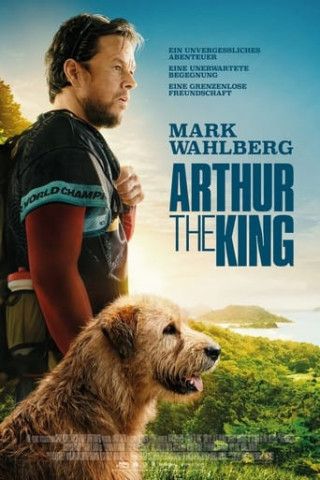Parenthood
Natur + Reisen, Tiere •
17.08.2025 • 16:15 - 17:15 heute
Originaltitel
Parenthood
Produktionsland
GB
Produktionsdatum
2025
Natur + Reisen, Tiere
Parenting in the oceans is extremely rare. Most marine animals avoid it altogether, leaving their young to survive on their own. However, those animals that do take on the challenge have some of the most remarkable parenting strategies on earth. In coral reefs, where space is limited, creatures must be creative to find homes for their young. In Indonesia, a dedicated Banggai cardinalfish father overcomes this problem by raising his young inside his mouth, while remarkable dolphin mothers in the Red Sea use the reef to teach their calves games, and then as they grow, to use the reef to self-medicate. In colder oceans, seaweed serves as the perfect nursery. The masterful camouflage of the weedy sea dragon in Australia helps a father keep his eggs safe, while the extraordinary skeleton shrimp has to piggyback its young amongst the currents whilst searching for food. A resourceful otter mother in Scotland must find enough fish amongst the seaweed to keep her three kits safe, but to do so she leaves them alone for hours at a time, with near-disastrous consequences. Some marine parents use intelligence to adapt to their environment. Killer whale mothers in Australia teach their pod to hunt blue whales, a cultural lesson passed down through the generations and key to their future success. Nearby, an octopus mother transforms a discarded plastic pipe into a home for her eggs, which she guards relentlessly until the young are independent. In South Africa, Cape gannet parents fly hundreds of miles to find food for their growing chick. Yet despite this remarkable parental dedication, their fledgling faces great challenges. Their first flight involves dodging hungry fur seals, which now prey on gannet chicks due to depleted fish stocks. Across our planet, humans must play a vital role if ocean parents are to continue to thrive.
Film-Archiv

"Tár"
Drama • 2022

The Creator
Scifi-Action • 2023

No Hard Feelings
Komödie • 2023
Alles steht Kopf
Spielfilm • 2015

Arthur der Große
Drama • 2024

Deadpool & Wolverine
Sciencefiction-Komödie • 2024

Joker
Thriller • 2019

Der Pianist
Drama • 2002

Twisters
Actionthriller • 2024

Türkisch für Anfänger
Komödie • 2012

Eine Million Minuten
Drama • 2024

Wo die Lüge hinfällt
Komödie • 2023

Wonka
Komödie • 2023

Thelma – Rache war nie süßer
Abenteuer • 2024



















